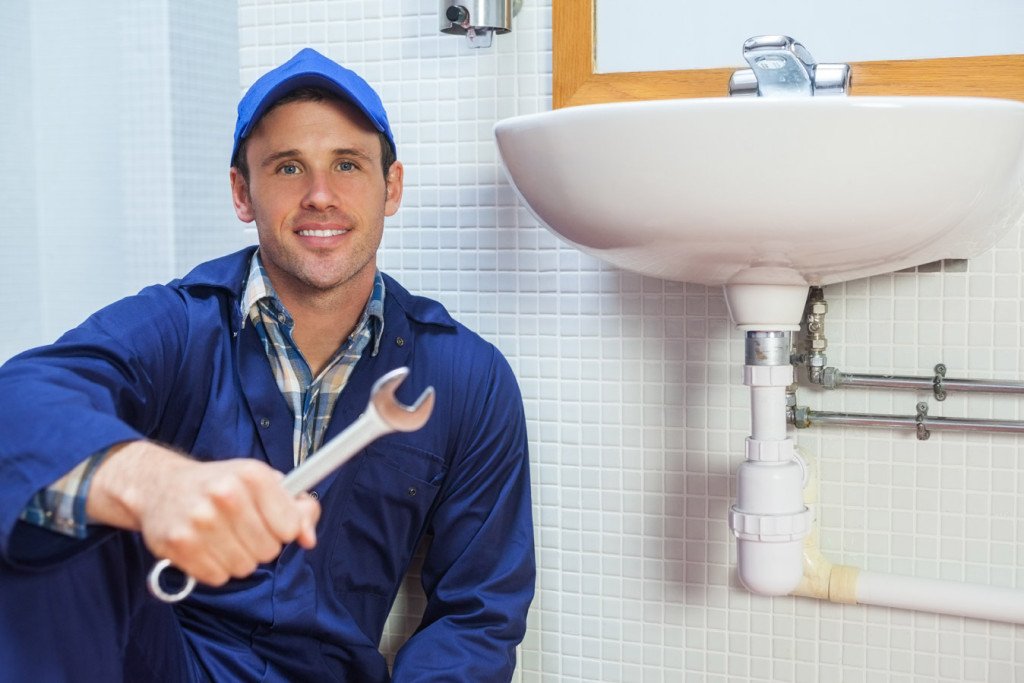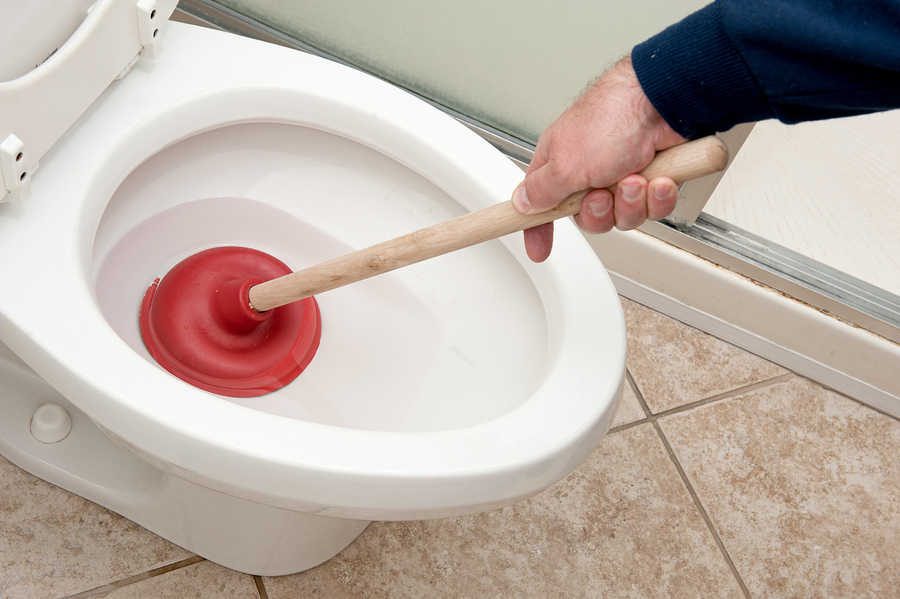Beginner's Guide to Proper Bathroom Plumbing Management
Beginner's Guide to Proper Bathroom Plumbing Management
Blog Article
How do you feel in relation to General Plumbing Tips for New Homeowners?

For brand-new homeowners, understanding and maintaining restroom pipes can save both money and time by avoiding costly issues down the line. Right here are some essential bathroom plumbing pointers to help you keep everything running smoothly.
Plan For Cold Weather
Secure your pipes from cold throughout winter by protecting pipes in unheated locations like cellars, attic rooms, and garages. Throughout severe chilly, let cold water drip from taps served by revealed pipes to assist avoid cold.
Set Up Routine Maintenance
Think about organizing annual examinations with a certified plumbing technician. They can identify problems that you may miss, such as concealed leaks or damage on pipes and fixtures. Normal maintenance helps expand the life of your pipes system and can prevent emergency situations.
Acquaint Yourself with the Main Shut-Off Shutoff
Knowing where the major water shut-off shutoff is located in your home is critical. This allows you to swiftly shut off the water in case of major leaks or during pipes emergency situations, stopping substantial water damages.
Routinely Examine for Leakages
Little leaks can cause large issues. Regularly check under sinks, around toilets, and near pipes fixtures for any type of signs of leakages. Search for wetness, little drips, or rust. Capturing and fixing leakages early can avoid much more serious damage and conserve water.
Preserve Your Hot Water Heater
Guarantee your water heater is readied to an appropriate temperature level (normally about 120 levels Fahrenheit) to prevent scalding and lower energy use. Flush the container every year to remove sediment build-up, which can minimize the effectiveness and life-span of your heating system.
Update Your Fixtures
If your home has older components, think about upgrading to extra efficient models. Modern commodes, showerheads, and faucets are developed to use less water while offering excellent pressure, which can dramatically minimize your water expense and ecological impact.
Beware with Do It Yourself Pipes Services
While it's tempting to take care of all home repairs by yourself, beware with plumbing. Some concerns could need professional proficiency, particularly if they entail main water lines or drain repairs. Working with an expert can often be much more affordable than DIY, especially if it prevents additional damages.
Don't Overlook Slow Drains
If your sink or bathtub is draining pipes slowly, it's frequently an indication of an obstruction developing. Addressing this early can stop a full clog. Make use of a bettor or a plumbing technician's snake to clean out debris. Prevent utilizing chemical drain cleaners as they can harm your pipelines in time.
Know What Not to Flush
Commodes are not garbage disposals. Avoid flushing anything other than bathroom tissue and human waste. Products like wipes, womanly hygiene items, and cotton bud need to be dealt with in the trash to prevent obstructions and drain back-ups.
Set Up Strainers in Drains
Place filters in your sink and bathtub drains to capture hair and other debris before they enter your plumbing system. Cleaning the strainers routinely will aid avoid build-up and maintain water flowing freely.
Conclusion
Understanding and preserving your home's bathroom plumbing can prevent several typical issues. By complying with these crucial pointers, you can ensure your washroom continues to be useful and reliable, saving you time and money in the future.
Essential Plumbing Tips for Homeowners: Keep Your Pipes Flowing Smoothly
As a homeowner, understanding the basics of your plumbing system can save you time, money, and a lot of headaches. Plumbing issues can range from minor annoyances like dripping faucets to major problems like burst pipes that cause significant damage. This guide provides essential tips to help you maintain your plumbing system and tackle common issues.
Understanding Your Plumbing System
Supply System: Brings fresh water into your home from a municipal source or a well. Drain-Waste-Vent System: Removes wastewater and vents sewer gases outside. Fixtures and Appliances: Includes sinks, toilets, showers, dishwashers, and washing machines. Basic Maintenance Tips
Regular Inspections: Periodically check for leaks, corrosion, and other signs of wear and tear. Look under sinks, around toilets, and near water heaters. Know Your Main Shut-Off Valve: In case of a major leak, you’ll need to shut off the water quickly. Ensure everyone in your household knows where the main shut-off valve is located. Prevent Frozen Pipes: In cold climates, insulate exposed pipes and let faucets drip during extreme cold to prevent freezing. Use Strainers: Install strainers in sinks and tubs to catch hair, food particles, and other debris that can cause clogs. Common Plumbing Issues and Solutions
Clogged Drains:
Prevention: Avoid pouring grease down the drain and use drain screens to catch debris. DIY Fix: Use a plunger or a plumbing snake to clear minor clogs. For stubborn clogs, a mixture of baking soda and vinegar can sometimes help. Leaky Faucets:
Prevention: Replace washers and seals regularly. DIY Fix: Turn off the water supply, disassemble the faucet, and replace worn parts.

Schedule Service Now Report this page